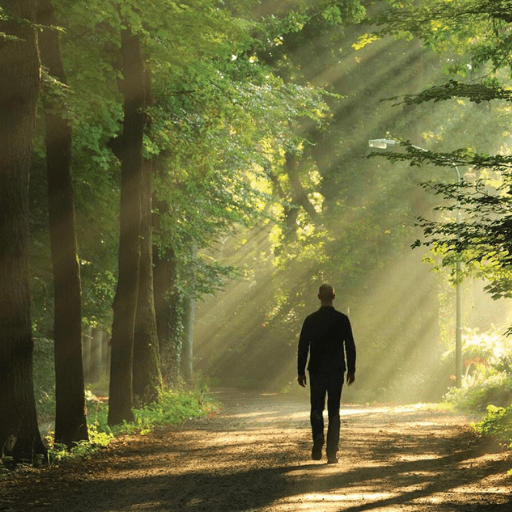Nature as Support for Recovery and Mental Wellness
And into the forest I go, to lose my mind and find my soul” — John Muir
Nature has been my refuge for as long as I can remember. I spent my childhood growing up with an active alcoholic father in a small home, the middle child of five siblings. Life was always crowded and noisy, often tense and angry and I sought places to escape. In New Mexico I would hike out to the desert grasslands, alone or with our dog, and seek the silence as I watched the roadrunners, quail and Jack Rabbits or chased lizards as kids will do. I loved the brown angular landscape and the sense of space, the vista of mountains always in the background. The desert was my place to slip away into quiet and to find inner peace, even if I lacked the words and the awareness as a 10 year old.
I moved to the east coast as a young adult, fresh out of college and seeking change. In Maine I traded the mountains and the desert for dense forest and green fields; and I focused my attention away from reptiles and desert animals and on to plants and wild mushrooms. What stayed constant was seeking the peace and the quiet of nature. What stays constant is the reliance on the primary senses of sight, smell, sounds and touch. And perhaps a focus on breathing. An ideal afternoon for me today is to step into the forest and explore with no specific destination in mind. I am not there to climb a mountain or reach the lake, but I might.
Some people call what I do a walking meditation. The Japanese call it forest bathing, shinrin yoku, and have long recognized it as a practice that helps people, both adults and children, to de-stress. What they have known for centuries, and modern researchers have confirmed, is that forest bathing boosts health and well-being. The intention is to live in the present moment and drink in the forest through all of your senses. We can access nature in the woods but working in your garden with your hands in the dirt is another easily accessible doorway into nature. Seek the beauty of nature where you can find it; in your yard, in the community or out in the woods.
I work in mental health, providing training and consultation in suicide prevention and also responding to a community in distress after a suicide or traumatic loss to provide them with support and resources. It is not light work. I carry the weight of painful stories of loss and of hopelessness. The forest offers me a place and a time to decompress, to move my body and let go of the day or the week and the pain. Most of the time I enter the forest alone but I do have a few friends who can walk with me and value the quiet as much as I do. When someone outside that small circle asks to come with me into the woods to talk about wild mushrooms, I gently but firmly decline. I let them know that this is my time to reclaim myself. My family understands and often reminds me if it has been too long, “Dad, you’re getting a little crispy.” And I know it is time to go into the forest.
Forest bathing requires no learning, is available without a referral, and costs no more than a good pair of shoes and a raincoat. There is no waiting list, no prior authorization and no comprehensive assessment is required! This life-affirming support to recovery may be found right outside your back door across much of New England and is only a short drive away. Enjoy, explore, immerse yourself and breathe!
It is just that simple.
Greg Marley, LCSW, is the Senior Clinical Director of Suicide Prevention at NAMI Maine. [email protected]



